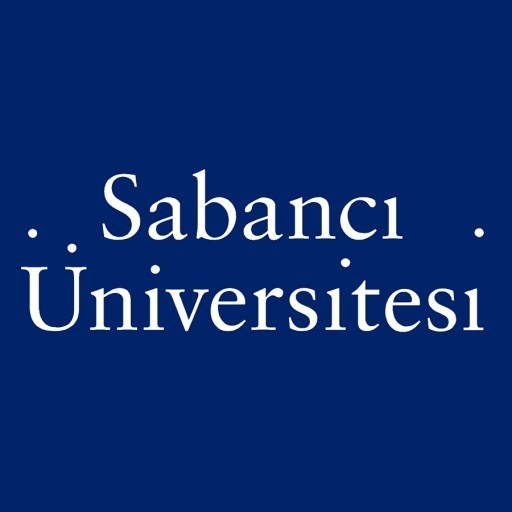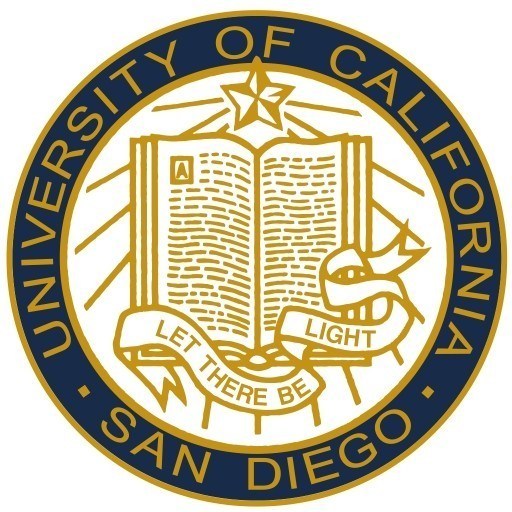Photos of university / #aaustudieliv
Nanotechnology is all about designing, fabricating and controlling materials and components with dimensions on the nanoscale, i.e. from 1 to 100 nm.
Applying the most advanced nanofabrication technology to materials makes it possible to obtain decisive control over their properties and thereby construct unique materials and components with new and unexpected properties for applications within energy technology, communication, data storage and processing, (bio)sensors, catalysis or medicine just to mention a few areas.
Nanotechnology is very interdisciplinary requiring expertise within physics, chemistry, biotechnology, mathematics, and materials science. Future engineers holding an interdisciplinary education are therefore invaluable in the process of solving the many challenging materials problems present on the nanoscale.
At Aalborg University, we offer a unique education in nanotechnology with special focus on two areas, namely nanophysics and nanomaterials on the one side and nanobiotechnology on the other.
Our students are educated in an innovative, dynamic and challenging environment through a combination of research-based teaching, team-based project work and a high degree of interaction with industrial partners. We offer state-of-the-art laboratory facilities including a class 100 clean room holding modern equipment for micro and nanoscale fabrication and characterization as well as a new, fully equipped biochemistry lab including a class 1 area and state-of-the-art biophysical investigation equipment.
The studyprogramme Nanophysics and -materials is a specialisation in the MSc programme Nanotechnology and it is open for international and Danish students.
This two-year masters programme consists of four semesters. During each of the first three semesters, you will split your time equally between three 5 ECTS courses and one 15 ECTS project. The courses will provide you with basic knowledge, and the projects will allow you to dig deep into the matter and focus firmly on particular subjects. The projects are typically done in small groups of fellow students. The team aspect of the project work is essential. During the final semester, you will spend full time on your masters project.
1st Semester: Synthesis and Characterization
The theme for this semester is Synthesis and Characterization. The student will acquire experience with advanced methods for synthesis and characterization of nanostructures and nanomaterials. Focus could be on Optical spectroscopy of nanostructures, Nanolithography and Advanced microscopy (e.g. electron microscopy and scanning probe microscopy). The courses cover Materials Chemistry, synthesis and characterization as well as semiconductor physics.
2nd Semester: Functional Nanostructures
The student will obtain experience with advanced methods for creating functional nanostructures. In addition, possible applications and properties (electronic, magnetic, chemical, etc.) of the created nanostructures will be investigated. Through application of micro and macroscopic modeling, the student will be able to describe the properties and functionality of nanostructures. The courses cover issues like surface science and nano optics.
3rd Semester: Advanced Applications of Nanotechnology
During this semester, applications of nanostructures in various fields of technology are investigated. This project module will give the student experience with applying nanotechnology within a chosen technological area. Applied aspects of nanotechnology are given particular focus. Given a problematic technological issue, the student can use different tools from nanotechnology to find solutions to the actual problem. The courses cover continuum mechanics, nano electronics and optoelectronics.
4th Semester: Master's Thesis
This semester is devoted to the masters thesis.








